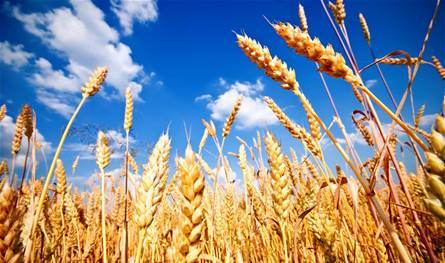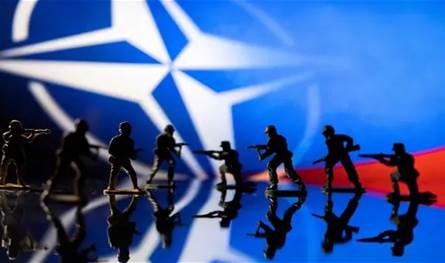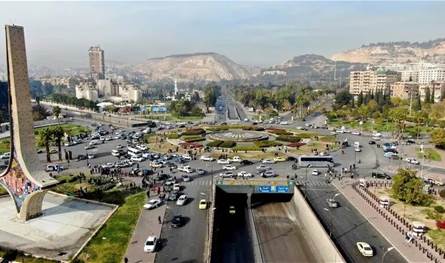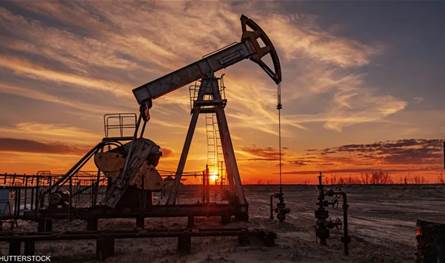Fees on Russian fertilizers … confuse farmers and raise prices

The customs duties imposed by the European Union on the imports of Russian fertilizers, starting in July, led to widespread confusion among European farmers, who already face challenges related to high energy costs, environmental restrictions and low grain prices.
These fees aim, according to the European Union, to reduce dependence on Russia in the field of fertilizers and reduce the financing of its war in Ukraine. But farmers and grain companies confirmed that the repercussions were reflected directly on them through the high costs, threatening an additional reflection on the prices of consumers on the continent. Cedric Bonost, Deputy Secretary -General of the French Wheat farmers and head of the grain committee in the European Farmers Association (COPA COGECA) said: “We shoot our feet,” noting that farmers are now forced To pay global fertilizer prices, at a time when wheat prices fell to their lowest levels in five years, which makes the situation “absolutely not sustainable”. According to the data of the World Bank, the average price of urea fertilizer – based on nitrogen – increased by 26.5% to reach 496 dollars per ton between May and July, affected by the new fees that started at 40 euros per ton and is scheduled to gradually reach 315 euros By 2028, the price of dual ammonium phosphate (DAP) increased to $ 736 per ton in July, an increase of 10% since May. Russia is the largest exporter of fertilizers in the world by more than 20% of global production, and provides about a quarter of the European Union imports. Although Western sanctions have not targeted fertilizers directly since the invasion of Ukraine, European customs duties began to push markets to search for alternatives such as Canada, at higher prices. European companies expressed their concern, as independent analyst Swati Kushuha warned that hesitation in buying Russian fertilizers raised the prices of European suppliers, while farmers confirmed that many of them postpone purchase in the hope of lower prices. The Norwegian company “Yara International” said that the European Union’s imports of Russian fertilizers rose since 2022 in anticipation of fees, noting that European measures aim to create fair competition for local fertilizers producers and ensure long -term flexibility. On the other hand, Dmitry Tatianin, president of the Russian company “Orlamim”, confirmed that his country will re -direct its exports to markets like Brazil India and the United States if European markets are closed to them. While the Russian billionaire Dmitry Mazibin considered that European fees will eventually raise prices on European farmers themselves, due to the length of shipping and high distribution costs. Observers confirm that assessing the full impact of fees needs time, but their continuation may ignite a new price crisis in the European agriculture, at a time when producers suffer from broad protests against agricultural policies and environmental restrictions imposed on them Since last year.
The post Fees on Russian fertilizers … confuse farmers and raise prices APPEROD First on 961 tobay Lebanon today.















